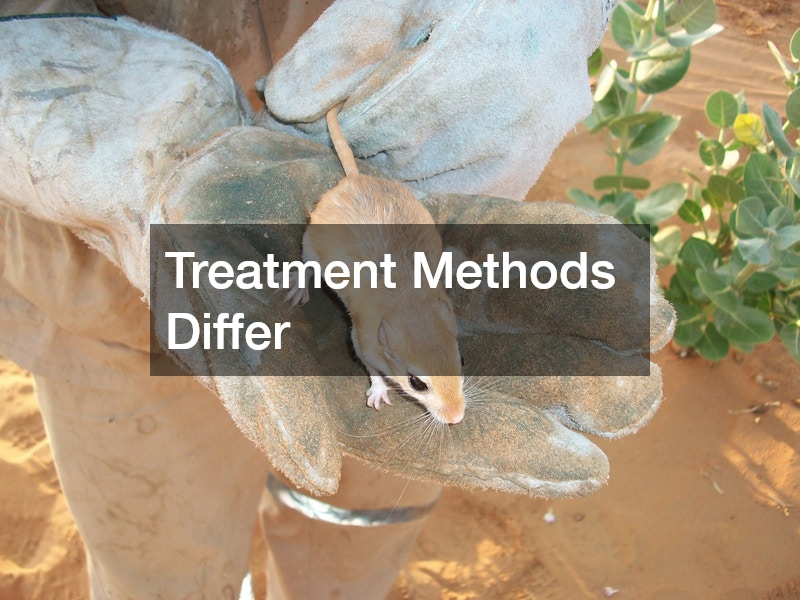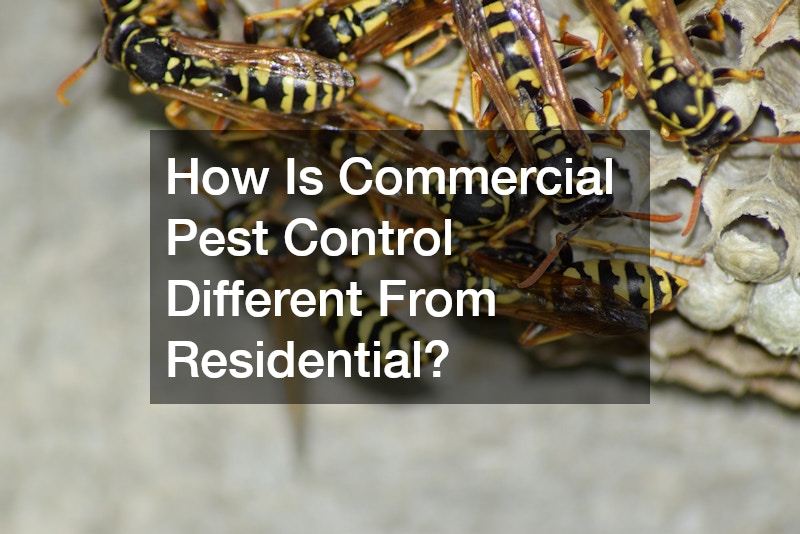Pest control is essential for maintaining the health and safety of any property, whether residential or commercial. However, the approaches to pest control in these two sectors differ significantly due to various factors, including the scale of operations, the types of pests typically encountered, and the regulatory requirements.
Scale and Scope
One of the primary differences between commercial and residential pest control is the scale and scope of the operations. Commercial pest control often involves larger spaces such as warehouses, offices, restaurants, and retail stores. These spaces can host a higher volume of foot traffic and, consequently, a greater risk of pest infestations.
Pest control strategies in commercial settings must account for larger areas, making the methods more extensive and sometimes more complex. Residential pest control, on the other hand, typically focuses on individual homes, which allows for more tailored solutions that are specific to the unique layout and features of the home.
Types of Pests
The types of pests that are commonly encountered also vary between commercial and residential properties. Commercial establishments may face unique challenges such as infestations of rodents, cockroaches, and ants due to the food sources and the nature of their operations. For instance, restaurants must deal with stringent health codes, requiring immediate and effective pest management to avoid contamination and reputational damage. Residential properties, while still at risk of many of the same pests, may see a different mix, including ants, spiders, and termites, often influenced by the surrounding environment and landscape.
Regulatory Requirements
Regulatory requirements are another significant factor that differentiates commercial pest control from residential services. Commercial properties, especially those in the food and hospitality sectors, are often subject to strict health and safety regulations. This means that pest control measures must not only be effective but also compliant with local, state, and federal laws. Pest control companies servicing commercial properties typically need to have specialized training and certifications to ensure they follow these regulations, while residential pest control may not face the same level of scrutiny.
Treatment Methods
The treatment methods used in commercial pest control can also differ markedly. Commercial pest control often employs Integrated Pest Management (IPM) strategies, which focus on long-term prevention and sustainability. This may involve a combination of biological, mechanical, and chemical control measures tailored to the specific environment. Residential pest control, while it can also utilize IPM principles, often relies more on immediate, targeted treatments that address specific infestations quickly.
Watch the video above to learn more!.


